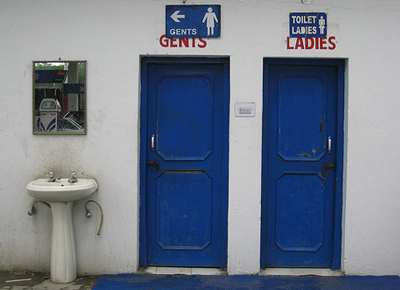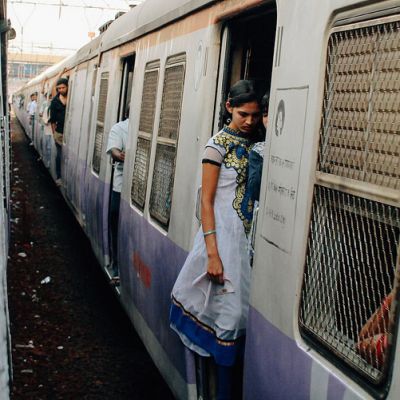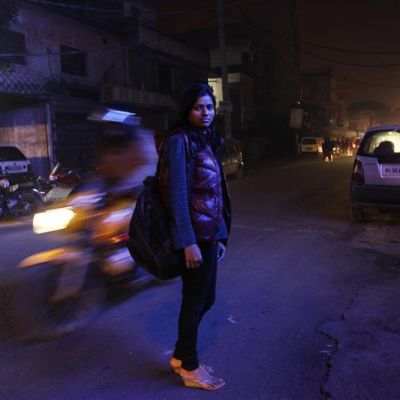mobility
अलग-अलग शौचालय बनाने के अपने लाभ हैं, विशेषकर जब कि एक जेंडर को दूसरे जेंडर से खतरा महसूस होता हो। लेकिन इस पूरे कृत्य को सामान्य बना देने और इसे जेंडर भेद से दूर करने से संभव है कि महिलाओं को, जहाँ कहीं भी वे हों, प्रयोग के लिए आसानी से शौचालय उपलब्ध हो सकें।
In our mid-month issue Shilpa Phadke brings us an interesting mix of ideas woven from narratives of pleasure, danger, and resistance, among others, with regard to the digital streets of online spaces, and explores the conditions of possibility that will allow us to have fun in the online public space that is the Internet…
निष्कर्ष के रूप में – आनंद और जोखिम के बारे में विचार उन तरीकों के लिए महत्वपूर्ण हैं जिनमें जेंडर और यौनिकता सार्वजनिक और निजी स्थान के बारे में विचारों के साथ अन्तःक्रिया करते हैं। हालाँकि इनमें से कुछ प्रश्न पुराने लगते हैं, सार्वजनिक स्थलों पर प्रतिस्पर्धा के दावों पर सार्वजनिक बहस में नए सिरे से जारी रहते हैं। सार्वजनिक और निजी स्थानों के बारे में विचार उन तरीकों को भी फटकारते हैं जिनमें जाति और वर्ग सम्मान के बारे में विचारों को आकार देते हैं, इस प्रकार कुछ स्थानों को ‘सुरक्षित’ और दूसरों को ‘जोखिम भरे’ के रूप में चिह्नित करते हैं।
While some of these questions seem old, they continue to be renewed in public debate on competing claims to public spaces. Ideas about public and private spaces also speak to the ways in which caste and class shape ideas about respectability, thus marking some places as ‘safe’ and others as ‘risky’.
By creating a safe space to discuss these issues [of sexual abuse] and acknowledging these experiences, we can find a way to address the root cause and move forward in our healing process.
Within the urban sphere, feminist discourse has for the past few decades centred on the constant anxiety and anticipation of violence, which permeates all of women’s movements within South Asian cities. However, something unusual is happening to that discourse in this cultural moment. Feminists are systematically and strategically shifting their attention from the anticipation of violence to the active search for pleasure in public space.
The gang rape and murder of New Delhi’s Jyoti Singh in December 2012 shook up the country’s urban collective conscience. Kavita Krishnan’s erudite feminist leadership emerged from the incident’s aftermath – a powerful voice of outrage against the curtailing of freedom and mobility.
[slideshow_deploy id=’7290′] The city that has come to be touted as the “rape capital” proves to be the ideal ground…
When one travels as a woman or indeed as someone who is not an upper caste, middle or upper class,…
The book ‘Working the Night Shift: Women in India’s Call Center Industry’describes the different spatial and temporal conditions that are…
Movement. Stillness. Travel. Free flow. Restrictions. Borders. Us and Them. Movement takes us closer to our destinations and sometimes forced…
… the heroine an amputee on a microprocessor controlled prosthetic leg with a hydraulic foot and ankle system raises her…
[slideshow_deploy id=’4422′] These are photographs from the now famous collection Humans of New York. Photographer Brandon Staunton has been navigating…














